The 2023 agenda has been announced!
Join Microsoft, Meta, New Haptics, Embr Labs, Afference, The University of Texas, bHaptics, Fluid Reality, Artimus Robotics, KEMET Electronics Corporation, and many more as they present leading insights into the evolving haptics industry.
Join the Mailing List >> for the latest updates.
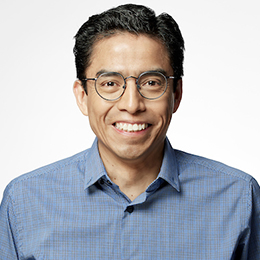
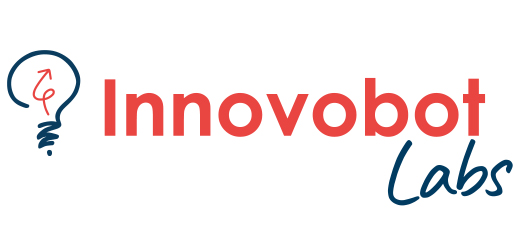
The McGill graduate brings over 25 years of tech industry knowledge, coupled with ground-breaking achievements in Human Machine Interface (HMI) and haptics research. He has developed haptic technologies for the medical, automotive, gaming, XR, and mobility industries. His work has led him to be named as an inventor in over 250 US granted and pending patents in the areas of sensing, actuation, and control.
Manuel’s HMI expertise and R&D creds makes him a perfect fit for Innovobot Labs and our vision of harnessing tech for good. “I have a passion for leading teams and watching them grow as we apply our knowledge to solving complex problems”, says Manuel.
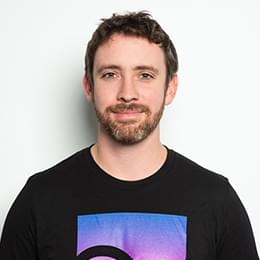
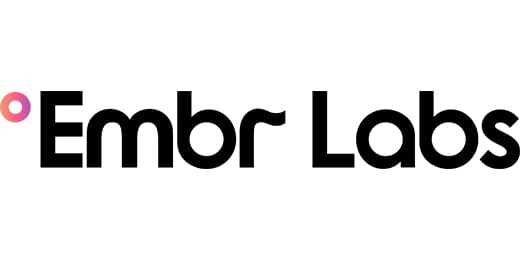
Dr. Matthew Smith is the Chief Scientific Officer, Co-Founder, and President of Embr Labs, the first thermal wellness technology company. Since the company’s founding in 2014, Dr. Smith and his team have developed and patented a platform technology for delivering intelligent, low power, and wearable thermal experiences and commercialized Embr Wave, an intelligent bracelet that cools or warms you with the press of a button. Embr Wave achieved 6x its fundraising goal on Kickstarter in 2017, has since sold over 40,000 units, was named Time Best Invention in 2018, has been validated in the lab and in a clinical study, and led to a partnership with J&J. Dr. Smith leads IP development, core technology R&D, and thermal wellness science at Embr Labs. He will be speaking about his experiences starting a haptics company, lessons learned through constant engagement with customers, and the exciting and complex science underlying thermal sensations and their profound impact on our subjective human experiences. Prior to co-founding Embr Labs, Matt earned his Ph.D. at the Massachusetts Institute of Technology in Materials Science & Engineering, where he co-authored over 20 publications, co-founded a technical consulting company, and received the department’s Best Ph.D. Thesis award for his work on nanostructured semiconductor devices.
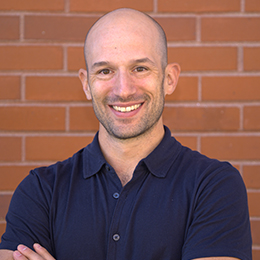
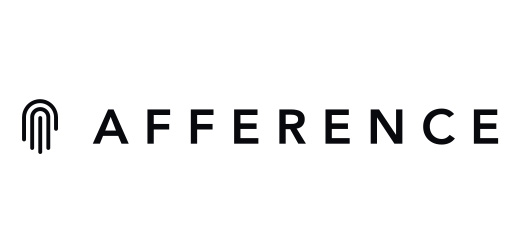
Jacob Segil is the co-founder and CEO at Afference, creating artificial sensations through wearable neural interfaces. He leads the effort to enable the sense of touch for the spatial computing age which includes efforts in adaptive algorithms for personalized haptic sensation, tunable wearable devices, and multi-modal 3D experience design. He is a trained academic and serial entrepreneur with a deep background in neural engineering and prosthetic limb design. He holds a Ph.D. in mechanical engineering from the University of Colorado.

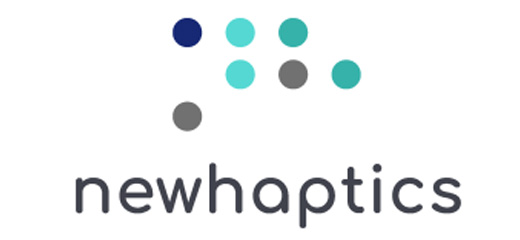
Alex Russomanno is Co-Founder and CEO of NewHaptics, a company dedicated to increasing the literacy and independence of blind people around the world by delivering a first-of-its-kind tactile tablet device for the blind that enables true digital access to information. As a mechanical engineering PhD student at University of Michigan (UM), Alex led the development of the novel tactile display technology based on microfluidics. After graduating from UM in 2017, he co-founded NewHaptics with two UM faculty members, Drs. Sile O’Modhrain and Brent Gillespie, and he has since been leading a team in the development and commercialization of a novel tablet display product for the blind.
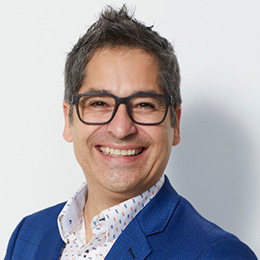
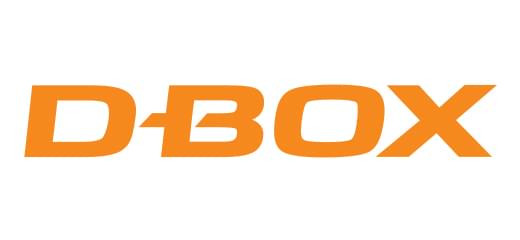
With more than 25 years of experience in information technology, Sébastien is a passionate leader, challenges the status quo and focuses on value delivery.
He is a graduate of the Université de Montreal’s École Polytechnique and holds both an engineering degree and a Master of Science. He also earned an executive MBA from the John Molson School of Business.
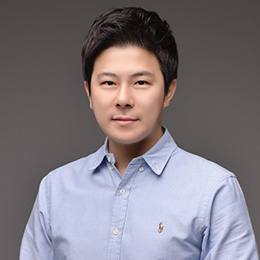
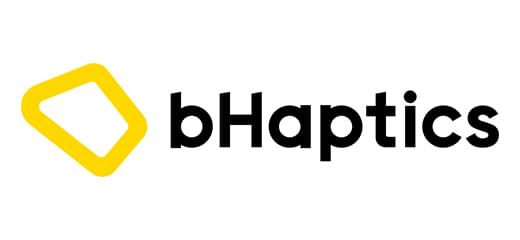
Dr. Kiuk Gwak is the CEO and co-founder of bHaptics Inc. During his PhD studies at the Korea Advanced Institute of Science and Technology (KAIST), he became fascinated with brain-computer interfaces and haptics, and started envisioning the next phase of human-computer interaction. In 2015, he founded bHaptics Inc. with a mission to create haptic devices that could deliver realistic touch feedback in remote settings, offering users a new dimension of digital immersion. Since then, Dr. Gwak has been leading the company to bring consumer-ready haptic solutions for immersive media into the global market.

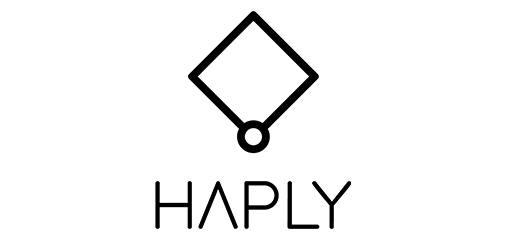
Simulation technologies are transforming the way we learn and interact with the world around us. I specialize in the development of technologies to bring the sensation of touch to the mixed reality tools that will shape the educational, enterprise, and entertainment tools of tomorrow.
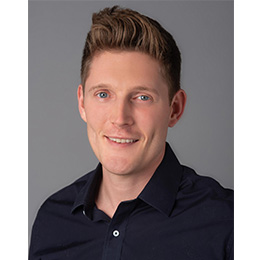
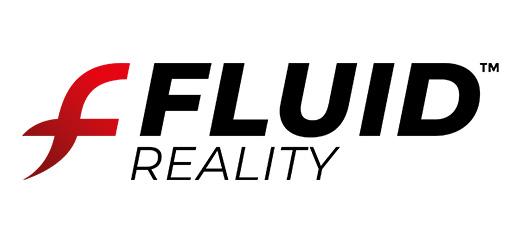
Joe Mullenbach is the co-founder and CEO of Fluid Reality, maker of a new extremely compact actuation technology. This technology enables fluid-filled bubbles for haptic feedback that can be controlled like pixels on a screen, winning the 2023 World Haptics "Best Demo" award. Joe was previously a senior engineer and product manager for the surface haptics startup Tanvas. He holds a PhD and MS in mechanical engineering from Northwestern University, and a BS in mechanical engineering from The University of Minnesota.
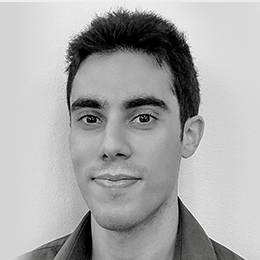
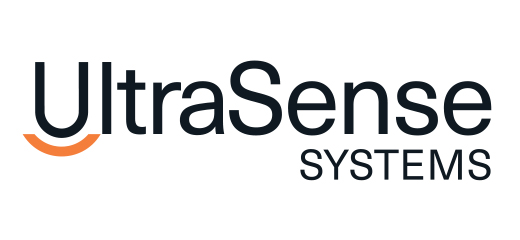
Sina Akhbari earned his Ph.D. in Mechanical Engineering from UC Berkeley, specializing in MEMS/NANO, with minors in IC Devices and Dynamics. He holds over 40 publications and patents. During his Ph.D. research, he focused on the design, modeling, fabrication, and characterization of Micro-Electro Mechanical Sensors (MEMS) and actuators, including Piezoelectric Micromachined Ultrasonic Transducers (pMUTs). His emphasis was on theoretical modeling, FEA simulation, and the design and fabrication of high-efficiency CMOS-compatible pMUTs for implementation in low-power handheld/wearable ultrasound devices with applications in various fields, such as motion sensing, health monitoring, therapy, and fingerprint scanning. Between 2016 and 2018, Dr. Akhbari worked on the development of MEMS ultrasound fingerprint sensor chips at TDK-InvenSense. In 2018, he co-founded UltraSense Systems, where he has been leading the sensor design and R&D team in the pursuit of revolutionary next-generation Human-Machine Interfaces (HMIs).
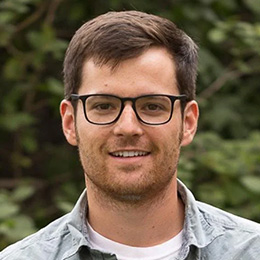
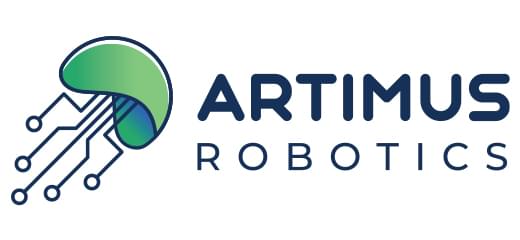
Eric Acome is cofounder & CEO of Artimus Robotics. He has a background in mechanical engineering and has spent his career designing & developing actuators and motion systems. Eric is a co-inventor of the HASEL actuator technology that is the foundation of Artimus Robotics. He has authored/co-authored numerous journal papers on the subject and is an inventor on several patents. He and the Artimus team are passionate about developing the HASEL technology and the future that can be enabled by soft robotics. Artimus Robotics is proud to have delivered actuators and pilot projects to customers across a wide range of industries and around the world. Eric has a BS in Mechanical Engineering from Virginia Tech and a MS & PhD in Mechanical Engineering from University of Colorado Boulder.
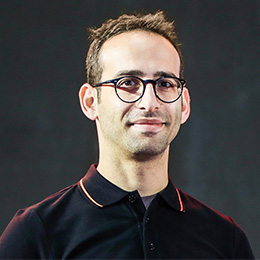
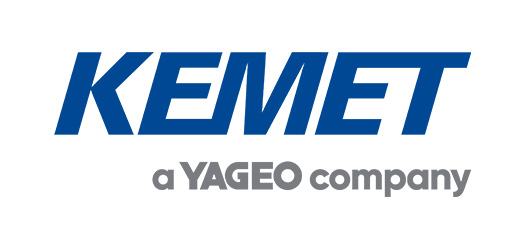
Valerio Zerillo is a Product and Business Development Manager with 10+ years of experience with enterprise products and services. He joined KEMET in 2022 focusing on the flexible actuators and their haptic applications. Prior to that he held senior product management positions at Vertiv, a global leader in critical infrastructure for data centers. Valerio holds a Master’s Degree in Electronics Engineering from Bologna University, Italy. In his free time he likes playing saxophone, mountain biking and enjoying time with his two kids.
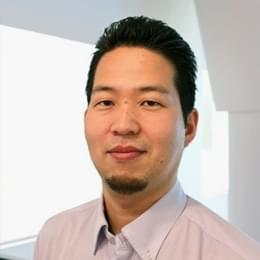
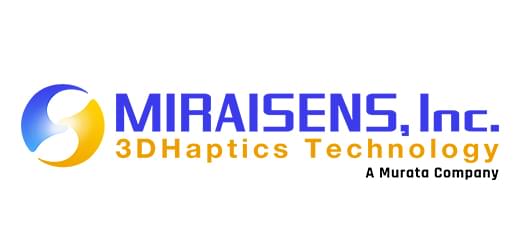
Masatoshi Miyakawa is the business development director of Miraisens, Inc., which was founded in 2014, developed a 3DHaptics™ technology based on illusionary haptics, the world’s first haptic technology established on a neuroscientific basis by the National Institute of Advanced Industrial Science and Technology. Miraisens joined Murata Manufacturing in December 2019.
Masatoshi started his career as an audio engineer in the music and entertainment industry. Since joining Miraisens in 2018, he has enjoyed collaborating to create an immersive experience with game developers.

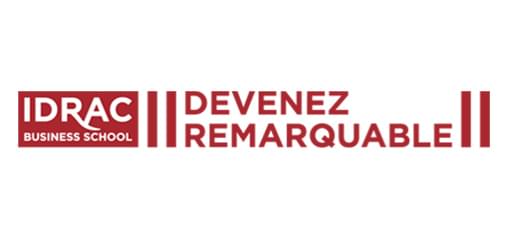
Margot Racat holds a PhD in Social Sciences from University of Lyon, France and she is professor of marketing at IDRAC Business School, Lyon. Her research focuses mainly on issues related to sensory influence on information processing in marketing contexts (e.g. mediated environments, customer experience) and management (e.g. entrepreneurial decision making in extreme contexts). She particularly gives interest to computer-mediated interactions and virtual environments for consumption and knowledge transfer. She publishes her work in academics journals and books (Technology, Forecasting and Social Changes, Journal of Interactive Marketing, Palgrave MacMillan, …).